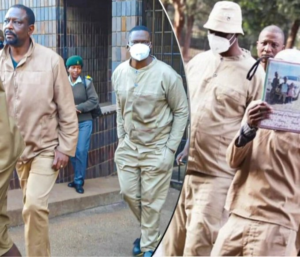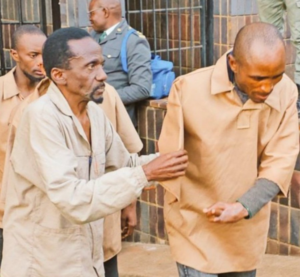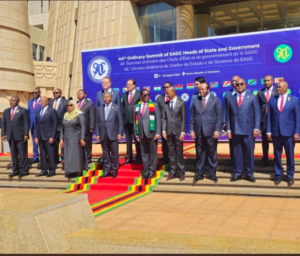ZIMBABWE’S BIG SPEND ON SADC SUMMIT AS A FACADE FOR POLITICAL LEGITIMACY

In a bold bid to impress the Southern African Development Community (SADC), Zimbabwean President Emmerson Mnangagwa is undertaking significant infrastructural enhancements in Harare. As the host city for the annual SADC summit this August, the capital is witnessing a flurry of activity, from road refurbishments to the construction of luxurious villas. The summit, a pivotal event in the regional political calendar, will be held at the new Parliament Building in Mount Hampden or at the Hyatt Regency Harare/The Meikles, formerly known as the Meikles Hotel.
This strategic splurge follows a backdrop of political tension, stemming from last year’s controversial electoral victory by Mnangagwa and his party, Zanu PF, which was openly rejected by SADC leaders. The rejection cast a shadow over Mnangagwa’s administration, prompting a quest for redemption and legitimacy on both a domestic and international scale.
The current government’s approach mirrors a broader pattern seen across various regimes, particularly in Africa, where leaders prioritize international allure over local grievances. Such leaders often invest heavily in grandiose projects to project an image of prosperity and stability to the outside world, while fundamental socio-economic issues simmer unaddressed at home. The aim? International recognition, political legitimacy, and an often inflated sense of national prestige and personal ego.
The narrative in Zimbabwe encapsulates this phenomenon. By focusing on high-profile projects and the glamour of international events, there is a visible diversion from the pressing needs of the Zimbabwean people. Basic services and essential infrastructure, which directly impact the daily lives of citizens, remain underfunded and in disrepair.
Critics argue that this approach not only misallocates resources but also erodes trust and legitimacy among the citizenry. The visual upgrades and infrastructural facelifts are seen as nothing more than a facade, masking the underlying economic and social problems plaguing the nation. Such actions are perceived as vanity projects that serve the elite while the general populace grapples with hardships.
Indeed, while hosting international summits can put a country on the global map, the legacy of such events is often short-lived if the broader societal issues are neglected. The glittering veneer of new roads and state-of-the-art facilities does little to improve the everyday lives of Zimbabweans facing unemployment, inflation, and a lack of basic healthcare and education services.
The predicament faced by Zimbabwe under Mnangagwa’s regime is a classic example of how the allure of international validation can overshadow the pressing demands for domestic reforms. It highlights a crucial imbalance in governance, where the spectacle of diplomacy outweighs the substantive needs of the governed.
As Zimbabwe prepares to host the SADC summit, the world watches closely. Will the event be a turning point for Mnangagwa to regain both regional support and domestic credibility, or will it further expose the disparities between the facade of progress and the reality of Zimbabwe’s socio-economic landscape?
It is imperative for leaders to remember that true legitimacy and respect arise not from the superficiality of temporary projects but from the sustainable development and well-being of their citizens. As Zimbabwe strides towards this high-profile event, one hopes that the spotlight on Harare will also illuminate the path to genuine progress and equitable governance, where the needs of the Zimbabwean people are finally brought to the forefront.




